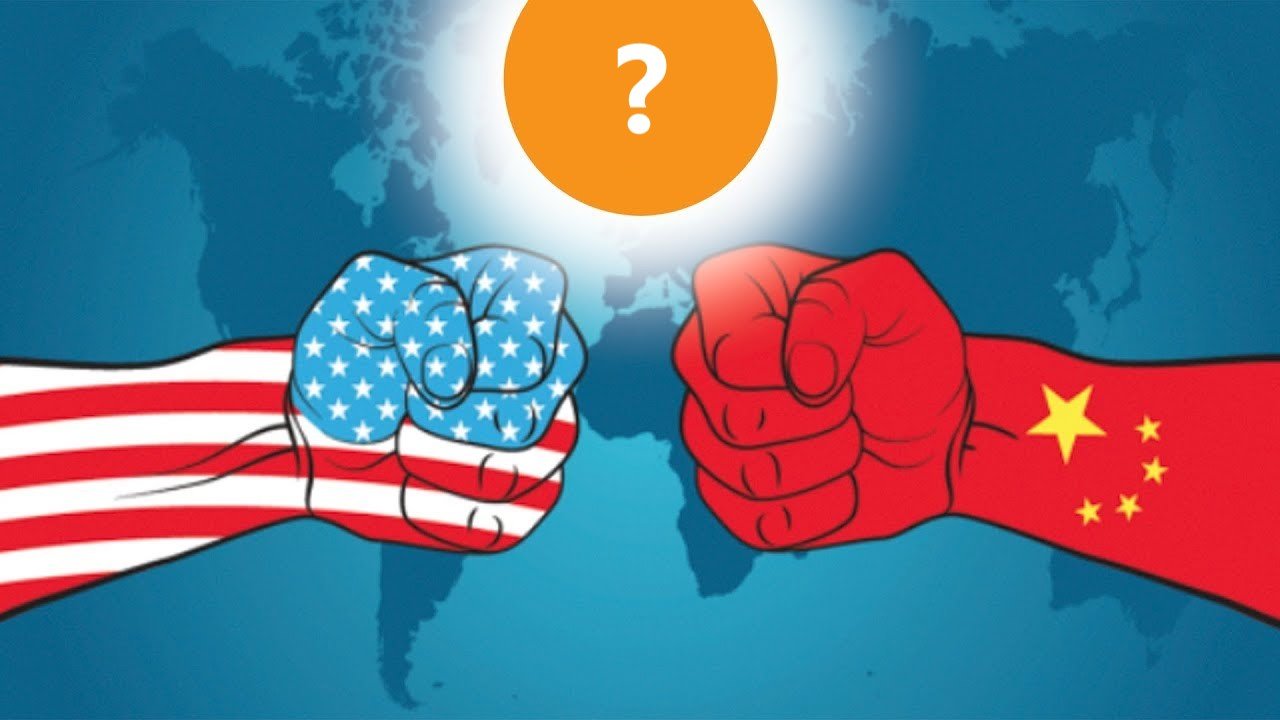

Nov
The economy of China (#2 worldwide in terms of nominal GDP) tends to frequently be presented in a bit of a “combative” manner and compared to either the economy of the United States (#1 worldwide in terms of nominal GDP) or let’s say Western economies in general, whether we are referring to entities such as the European Union (with a combined member state GDP which exceeds that of the US) or individual countries.
Sometimes, comparisons favor China, for example ones that refer to GDP growth rates, with Chinese economic growth rates putting Western ones to shame. In other situations, China tends to be on the losing end, for example anything from average life expectancy to GDP per capita levels. However, this much is certain: few comparisons seem more straightforward in the world of economics and geopolitics than those between China and the proverbial West.
But what are the implications of this “combative” presentation?
It is easy to give into the temptation of assuming that since China and the West are so frequently compared to one another as if they are lifelong adversaries, China benefits whenever there are negative developments in the West and, the same way, positive Western developments impact China in a negative manner.
After all, when there are two obvious combatants and one of them becomes weaker for various reasons, the other combatant obviously stands to benefit… right?
No, not exactly.
Or, to be more specific, not right away.
It ultimately all depends on your perspective. If one were to analyze this situation from a secular or let’s say multi-decade perspective (one closer to a century than a decade, for the sake of additional clarity) then yes, China considers Western weakness good news.
But as far as short and mid-term perspectives are concerned, the exact opposite tends to be valid at this point in time. In other words, whenever Western economies are booming, China is well-positioned and stands to gain. The same way, should weakness or even a state of financial panic manifest itself in the West, capital tends to actually flee China… at this point in time, at least.
Why?
Broadly speaking, for two reasons:
- The fact that China is a cog in today’s deeply to the point of dangerously inter-connected economy. Yes, a remarkably large and important cog. Yes, a cog on which a significant share of the let’s say global demand for commodities. But a cog nonetheless and should serious problems start appearing with other components that make the entire mechanism malfunction, it is not realistic to assume China can just shrug it off and thrive. Again, at least in the short to mid-term
- The fact that the Chinese economy is not yet mature enough to be perceived as a risk-off or safe haven jurisdiction. For example, the United States itself (despite its impressive dominance) can also be considered a cog in a deeply inter-connected system, just like China. However, due to the fact that it is considered a safe haven jurisdiction, capital does not flee even if the system as a whole starts malfunctioning. Even more so, capital doesn’t flee even if the United States is the epicenter of whichever problems the global economy is dealing with (as the Great Recession makes clear). Why? Simply because despite there being a destructive force at play (the malfunctioning of the global economy), there is an equally strong or occasionally even stronger force (the safe haven status of the United States and the dollar) that keeps existing capital in the US and “frightened” capital (capital that is exiting risk-on jurisdictions) flowing toward the United States
In a nutshell, it is very difficult to imagine scenarios in which the global economy is crumbling but China is thriving. On the other hand, it is very easy to imagine scenarios in which the Western economy is either thriving or at least not in panic mode and China is doing very well… the multi-decade status quo has revolved around just that.
For this reason, Chinese assets should be treated as risk-on options at this point in time. When the global economy is doing well or the market perceives that the global economy is doing well, Chinese assets are very well-positioned to outperform in many cases. When things go south economically speaking, the exact opposite tends to happen and capital flight becomes a serious concern for countries such as China.
Finally, it is worth pointing out that things are not set in stone with respect to the risk-on or risk-off nature of Chinese assets. It is ultimately all up to the market to decide in which category it places one asset (class) or another. Perhaps a few years from now, economic or geopolitical developments will convince the market to grant China the safe haven (risk-off) status many believe it deserves. The same way, however, multiple decades may very well go by without that happening. To help you navigate the frequently-turbulent waters of economics and geopolitics (especially in China but in other jurisdictions as well), the ChinaFund.com team of experts is at your disposal.
